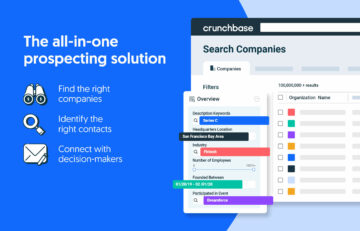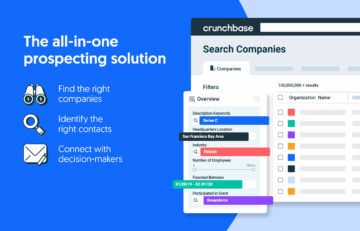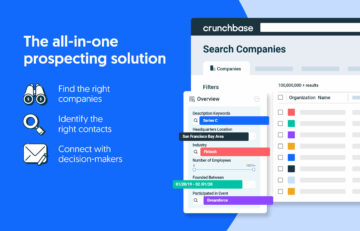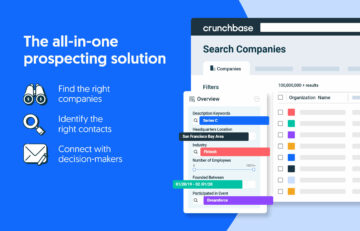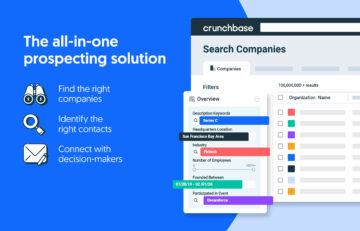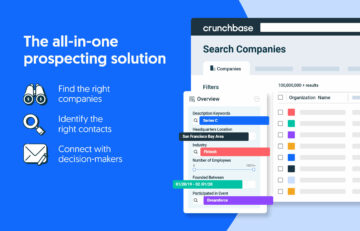While Texas isn’t exactly a slouch on the startup front, there’s long been a perception that venture investment levels don’t reflect the state’s entrepreneurial potential.
Over the past 10 years, only about 4% of all U.S. startup investment has gone to Texas companies, per Crunchbase data. That’s despite the fact that roughly 9% of Americans live there. The state is also rich in the urban infrastructure, talent pools and university systems that lay the groundwork for bustling venture hubs.
So will 2023 be the year Texas’ star will rise? Not likely. So far this year, overall startup funding in the state is down roughly 47% year over year, not too far off nationwide trends of 43%.
It’s not a particularly bullish or bearish topline, nor an unusual storyline. Like everywhere else, funding to Texas companies was on fire in 2021 and into 2022. Subsequently, it’s cooled, as evidenced in the chart below:
Where the big rounds are going
Of course, not everything has cooled. At least six Texas companies scored funding rounds of $100 million or more this year.
Of those, the largest financing — a $350 million Series C — went to Axiom Space, a Houston-based startup building a commercial space station. Next was Colossal Biosciences, a Dallas company aiming to “de-extinct” species including the wooly mammoth and the dodo bird.
We’ll say this for Texas’ biggest funding recipients: They sure are interesting and ambitious. For a bigger-picture look at who is raising the most, we used Crunchbase data to highlight the year’s largest rounds below:
Better than the numbers suggest
There’s reason to believe the Texas startup scene is a bit stronger than the topline funding numbers suggest.
For one, companies headquartered in the state tend to also hire locally.
“If a company is based in Houston or Austin or Dallas, usually the core team is based there too,” said Alex Gras, an associate at Mercury Fund, a Houson-based early-stage investor. By contrast, in the much larger San Francisco and New York startup hubs, it’s not uncommon for funded companies to maintain headquarters, but have most staff based elsewhere.
Per Gras, Texas also has a strong culture of bootstrapped companies. But because many founders are scaling startups without venture funding, their efforts don’t show up in the investment tallies.
That said, there’s still a pervasive sense — backed up by Texas’ sub-5% share of venture funding — that the state startup scene has room to grow much bigger. In coming years, Gras and others are optimistic founders will be able to build more success stories from the state’s substantial economic clout and expertise in energy, health care and other industries.
Also, one shouldn’t bet against local entrepreneurs aiming to make it big in industries that didn’t even exist until recently, from 3D printed homes to de-extincting ancient species.
Related Crunchbase Pro queries:
Related Reading:
Illustration: Li-Anne Dias
Search less. Close more.
Grow your revenue with all-in-one prospecting solutions powered by the leader in private-company data.
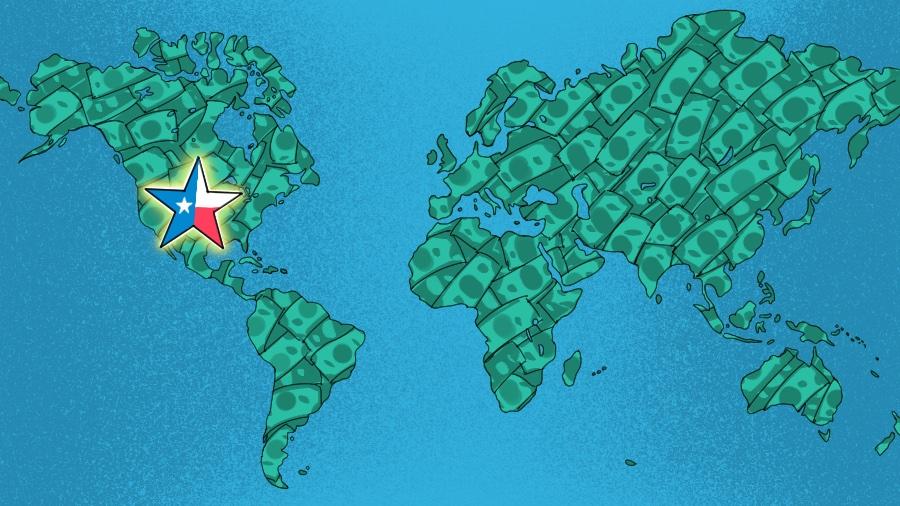

Stay up to date with recent funding rounds, acquisitions, and more with the Crunchbase Daily.
Generative AI chip designer D-Matrix was able to close a $110 million Series B in a year that has not seen a lot of money for U.S.-based…
Last month’s startup funding total was on par with what’s emerged as the new normal for venture capital. So far in 2023, funding has averaged just…
In July, a startup could make this list with an $80 million raise. But August was a very different story — the final two companies on this list…
A successful Arm debut could breathe new life into a depressed IPO market that has paused many venture-backed startups’ plans to go public for the…
- SEO Powered Content & PR Distribution. Get Amplified Today.
- PlatoData.Network Vertical Generative Ai. Empower Yourself. Access Here.
- PlatoAiStream. Web3 Intelligence. Knowledge Amplified. Access Here.
- PlatoESG. Automotive / EVs, Carbon, CleanTech, Energy, Environment, Solar, Waste Management. Access Here.
- PlatoHealth. Biotech and Clinical Trials Intelligence. Access Here.
- ChartPrime. Elevate your Trading Game with ChartPrime. Access Here.
- BlockOffsets. Modernizing Environmental Offset Ownership. Access Here.
- Source: https://news.crunchbase.com/venture/texas-startups-axiom-colossal-2023/
- :has
- :is
- :not
- $100 million
- $UP
- 10
- 2021
- 2023
- a
- Able
- About
- acquisitions
- against
- AI
- Aiming
- alex
- All
- all-in-one
- also
- ambitious
- Americans
- an
- Ancient
- and
- ARE
- ARM
- AS
- Associate
- At
- AUGUST
- austin
- b
- backed
- based
- BE
- bearish
- because
- been
- believe
- below
- Bet
- Big
- bigger
- Biggest
- bird
- Bit
- BREATHE
- build
- Building
- Bullish
- bustling
- but
- by
- capital
- care
- Chart
- chip
- Close
- coming
- coming years
- commercial
- Companies
- company
- contrast
- Core
- could
- course
- CrunchBase
- Culture
- daily
- Dallas
- data
- Date
- debut
- Designer
- Despite
- different
- DODO
- Dont
- down
- early stage
- Economic
- efforts
- elsewhere
- emerged
- end
- energy
- entrepreneurial
- entrepreneurs
- Even
- everything
- evidenced
- exactly
- exist
- expertise
- fact
- far
- final
- financing
- Fire
- For
- founders
- Francisco
- from
- front
- funded
- funding
- funding rounds
- Go
- gone
- groundwork
- Grow
- Have
- headquartered
- Headquarters
- Health
- Health Care
- Highlight
- hire
- houston
- http
- HTTPS
- Hub
- hubs
- in
- Including
- industries
- Infrastructure
- interesting
- into
- investment
- investor
- IPO
- IT
- jpg
- July
- just
- larger
- largest
- lay
- leader
- least
- less
- levels
- Life
- likely
- List
- live
- local
- locally
- Long
- Look
- Lot
- maintain
- make
- many
- Market
- million
- money
- more
- most
- much
- Nationwide
- New
- New York
- next
- nor
- normal
- numbers
- of
- off
- on
- ONE
- only
- Optimistic
- or
- Other
- Others
- over
- overall
- particularly
- past
- per
- perception
- plans
- plato
- Plato Data Intelligence
- PlatoData
- Pools
- potential
- powered
- Pro
- public
- queries
- raise
- raising
- Reading
- reason
- recent
- Recent Funding
- recently
- recipients
- reflect
- revenue
- Rich
- Rise
- Room
- roughly
- rounds
- s
- Said
- San
- San Francisco
- say
- scaling
- scene
- seen
- sense
- Series
- Series B
- Share
- show
- SIX
- So
- so Far
- Solutions
- Space
- space station
- Staff
- Star
- startup
- startup funding
- Startups
- State
- station
- stay
- Still
- Stories
- Story
- strong
- stronger
- Subsequently
- substantial
- success
- Success Stories
- successful
- suggest
- sure
- Systems
- Talent
- team
- texas
- than
- that
- The
- The State
- their
- There.
- they
- this
- this year
- those
- to
- too
- Total
- Trends
- two
- u.s.
- Uncommon
- university
- until
- unusual
- urban
- used
- usually
- venture
- venture capital
- venture-funding
- very
- was
- we
- went
- WHO
- will
- with
- without
- year
- years
- york
- Your
- zephyrnet


